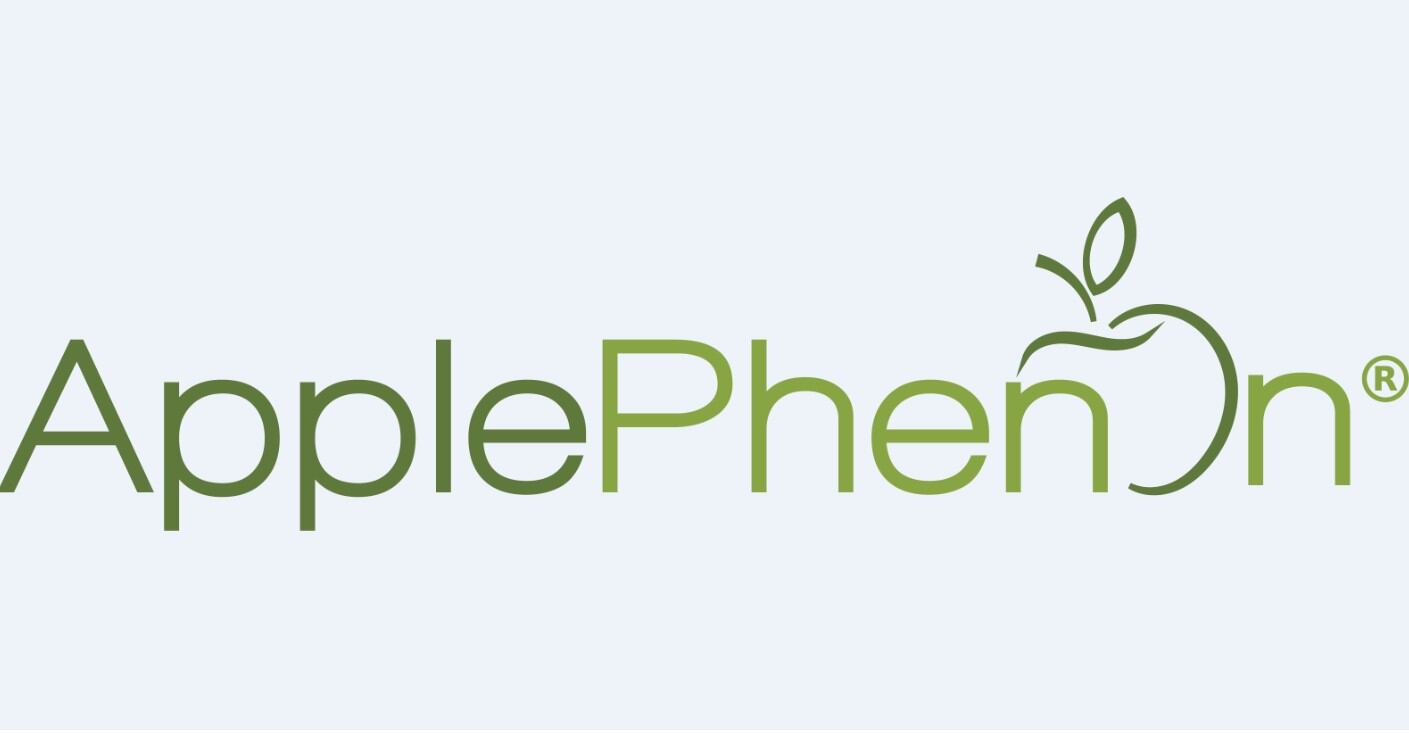In an Asahi Breweries-funded study, the team found an AP extract ApplePhenon prevented UV irradiation-induced skin pigmentation although a dose-dependent link could not be determined.
“In the current study, ApplePhenon oral administration was effective in inhibiting pigmentation by UV irradiation,” says Dr Yanmei Li, global chief scientific officer for ApplePhenon’s suppliers BGG.
“This is the second clinical study showing that ApplePhenon may be effective as a complementary support for healthy skin.”
Dietary supplementation with vitamins, carotenoids, and phytochemicals such as polyphenols are linked to improvements in skin condition with astaxanthin said to reduce UV-induced moisture loss in humans.
In a similar vein, polyphenols are used as compounds in cosmetic applications and are abundantly found in foods including fruits, vegetables, nuts, seeds, and bark, and beverages including red wine and cocoa.
Studies point to procyanidins as compounds with strong antioxidative activity and apples are considered an important source of procyanidins in the human diet.
The fruit is the main ingredient of ApplePhenon, which may modulate the gut microbiota, where it is thought to act on decreasing the Firmicutes/Bacteroidetes ratio, possibly providing an anti-obesity benefit.
One study also demonstrates how modulation of the gut microbiome can influence skin homeostasis pathways to counteract UV damage.
AP administration might therefore influence the suppression of pigmentation and oxidation through the gut microbiota.
Study details
The randomised, double-blind and placebo-controlled enrolled 59 healthy women, who were asked to consume ApplePhenon over 12 weeks having been randomly assigned to three experimental groups.
The subjects were to receive either 300mg of AP supplement/day, active 600mg of AP supplement/day, or placebo 600mg starch decomposition product/day, all in tablet form.
Sample analysis of Applephenon, made by Asahi Breweries, found each tablet to contain 63.8% procyanidins.
The samples also contained 12.4% flavan-3-ols, 10.8% hydroxycinnamic acids including chlorogenic acid, and 6.5% phloretin glucosides including phloridzin as well as maltitol, agar, and sucrose esters of fatty acids with/without AP.
Participants were exposed to solar-stimulated UV as the solar light source (0 weeks). At 16–24 hours after UV irradiation, skin colour was evaluated, and personal minimal erythema dose (MED) was determined.
After two weeks of administering the assigned tablet, skin colour lightness (L value) and pigmentation (melanin value) were measured.
Next, the inside of the upper arm was irradiated with 1.5 MED of UV. Skin colour lightness and melanin value were measured at 1, 2, 3, 4, 6, and 10 weeks after UV irradiation.
To evaluate facial skin conditions, water content and Trans-Epidermal Water Loss (TEWL) at the corner of the eye were measured five times in an environment testing room with a stable temperature (20 ± 1 °C) and humidity (45 ± 5%) at 0, 4, 8, and 12 weeks with the average value used.
The research found a reduction in skin reddening (sunburn) after UV irradiation of the treatment groups vs. the placebo group measured as the increase in redness.
The team also found a lower increase in melanin formation after UV irradiation as well as less skin darkening due to UV irradiation in the treatment groups vs. placebo.
“In the current study, we demonstrated that AP oral administration, specifically procyanidins, was effective in inhibiting pigmentation by UV irradiation in this human clinical study,” the team says.
“The results suggested that the reduction in oxidative stress and the antioxidative activity by AP resulted in the inhibition of melanogenesis induced by UV irradiation, which is consistent with previous studies.
“Although we obtained limited results for skin colour values induced by UV irradiation in high-dose and low-dose AP participants, the current clinical trial is the first study to show the effects of daily administration of AP for 12 weeks on skin pigmentation.”
Mechanisms of action
In discussing how procyanidins exert their benefits, the team suggests their antioxidative properties and radical scavenging activities as playing a significant role.
UV exposure specifically results in increased Reactive Oxygen Species (ROS)-induced DNA damage that not only includes genetic mutations and cellular apoptosis but also melanocyte proliferation in skin tissue.
Similarly, ROSs induce pigmentation of the skin and play an important role in regulating melanin production in specialised cells.
In the team’s previous study, it was reported that apple procyanidin concentrations were significantly correlated with hydrophilic oxygen radical absorbance capacity (H-ORAC) values in 30 varieties of apple cultivars.
“These data suggest that the anti-oxidative activity of AP mainly is due to procyanidins,” the team concludes.
“The current study indicated that apple procyanidins protected against the oxidative stress caused by UV irradiation and inhibited melanin synthesis in melanocytes.”
Source: Nutrients
Published online ahead of print: doi.org/10.3390/nu12041071
“Administration of Apple Polyphenol Supplements for Skin Conditions in Healthy Women: A Randomized, Double-Blind, Placebo-Controlled Clinical Trial.”
Authors: Toshihiko Shoji et al

